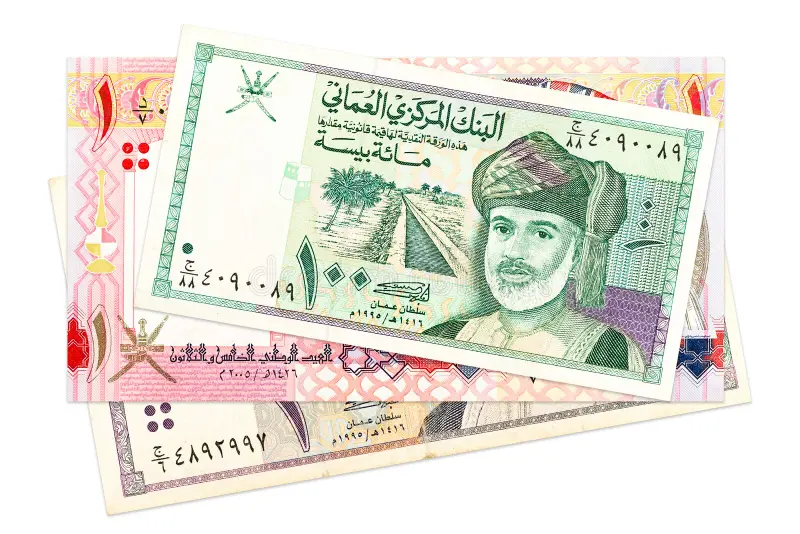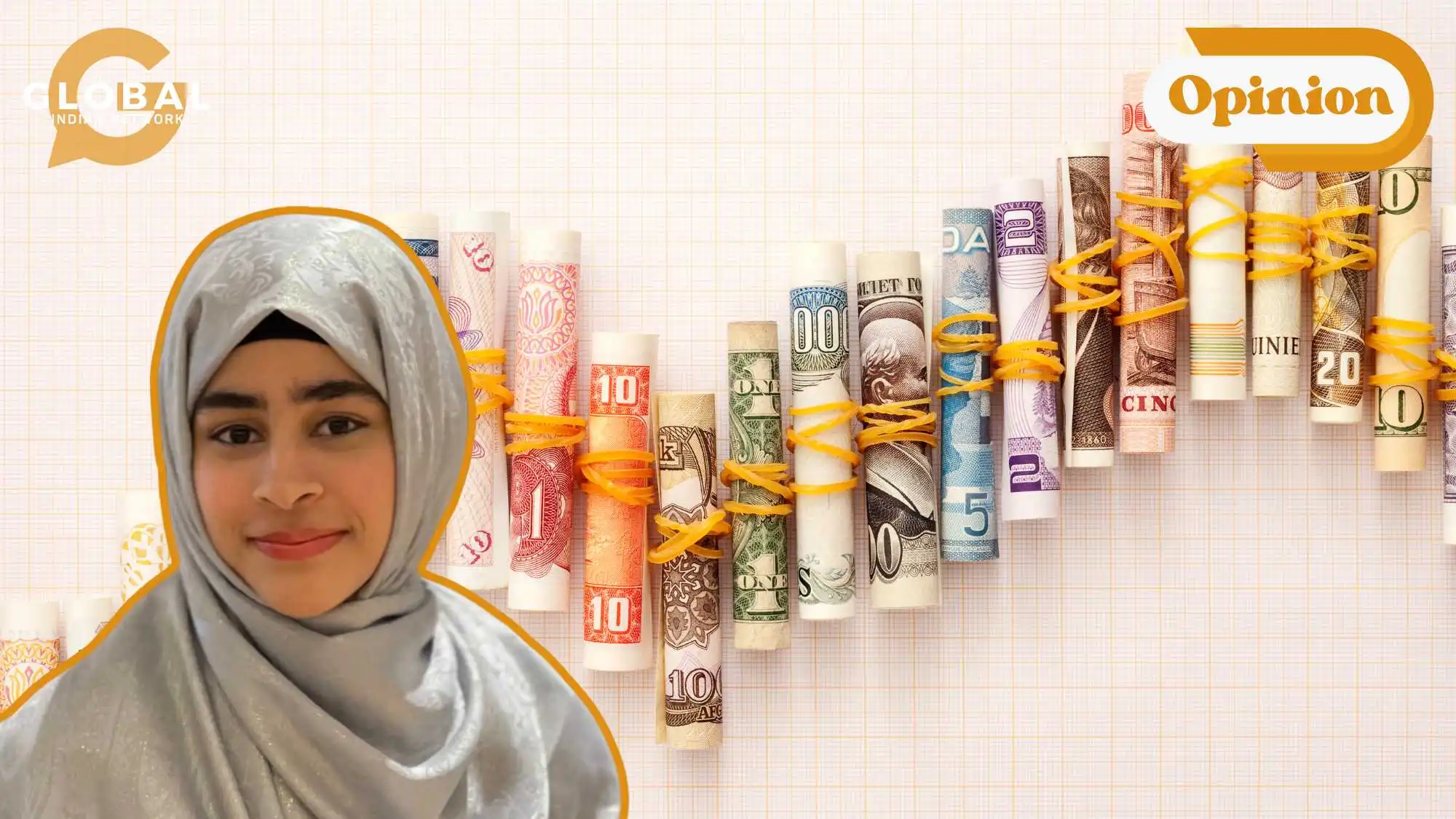The foreign exchange market is a fascinating field, with currencies constantly fluctuating and shifting in value.
However, despite the continuous changes, there are a few powerful currencies that hold significant value throughout. The value they hold is not a matter of just exchange rates; rather, it’s about influence and power.
Let’s look at the top 10 most powerful currencies in the world!
Kuwaiti Dinar
The Kuwaiti Dinar (KWD) ranks #1 among the most powerful currencies in the world. The primary reason for its powerful rank is Kuwait’s enormous oil reserves.
Besides being a rich country, the Kuwaiti government placed massive priority on the development of the country’s private sector, the expansion of its economy, and the implementation of responsible budgetary policies.
In the country of West Asia, Kuwait is a popular destination for expats looking to work in its oil and financial sectors.
Bahraini Dinar
The Bahraini Dinar (BHD) is the second-highest-valued currency in the world. It has been the official currency of Bahrain since 1965, replacing the Gulf rupee. Bahrain’s economy relies mainly on the oil and gas industry.
Omani Riyal

Sitting between the UAE and Yemen at the top of the Arabian Peninsula, Oman has the world’s third strongest currency.
Similar to Bahrain, Oman is a major exporter of oil and gas. However, the government of Oman is set to lower the country’s dependence on the oil industry. For this, it has taken numerous steps to support other sectors in efforts to diversify its economy.
Jordanian Dinar
Although Jordan is less dependent on its oil and gas exports, has slow economic growth and rising debt, it has the fourth most powerful currency in the world.
There are many factors contributing to the dinar’s success. For instance, Jordan’s central bank has always held a cautious approach to monetary and fiscal policy. Moreover, it is dedicated to maintaining price stability and exchange rate flexibility along with keeping foreign exchange reserves.
British Pound
The British pound sterling (GBP) is the fifth most influential currency in the world.
Impressively, the currency has maintained this rank despite the disturbances of Brexit and uncertainties with the EU.
Additionally, the UK has been through immense political upheaval, some of which dropped the value of the pound.
Nevertheless, the pound is still one of the most commonly traded currencies, with its strength and resilience coming from the UK‘s reputation as one of the world’s biggest countries by GDP.
Gibraltar Pound
Gibraltar, a British overseas territory at the tip of the Iberian Peninsula, places sixth with its currency – the Gibraltar pound (GIB). The Gibraltar pound was initially introduced in the 1920s and is pegged to the British pound (meaning it is equivalent to the GBP)
Cayman Islands Dollar
The Cayman Islands dollar (KYD) gains its power from the region’s reputation as a leading financial hub. The islands have a wide range of financial institutions, enterprises, and investment funds because of their strong regulatory system, advanced banking infrastructure, and tax policies.
Swiss Franc
Sitting at the heart of Europe, Switzerland holds the 8th strongest global currency – the Swiss Franc (CHF).
The Swiss National Bank has played a pivotal role in maintaining the currency’s status by implementing monetary policy and price stability and constantly overseeing banks and the financial industry.
Euro
The official currency of the Eurozone, the Euro, is the 9th most powerful currency. It entered circulation in 2002 and is influenced by several factors. This is because it is the currency of 20 EU member countries with differing economic policies.
However, due to the supervision of the monetary policy and stability by the European Central Bank, the currency has been able to maintain its influential rank.
US Dollar
Unsurprisingly, the US dollar is also part of the top 10 list. Being the most traded currency globally, it holds the tenth rank in terms of currency power.
Additionally, the US economy is the largest in terms of GDP. The dollar is used to price commodities and is also one of the world’s largest reserve currencies. The strength of this currency is determined by a wide range of factors, including supply and demand in the foreign exchange market.
Do you have burning thoughts or opinions? We’d love to hear them! Share your thoughts and ideas in the comments below to get the conversation flowing, or feel free to reach out to us at larra@globalindiannetwork.com.









